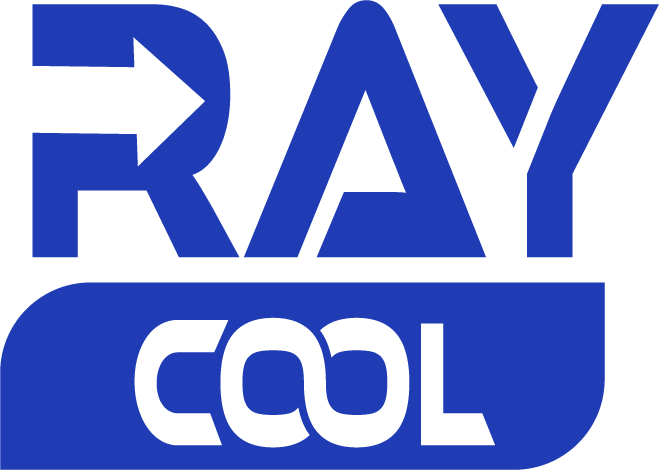Elevating Product Precision and Quality with Machining Parts
The Foundation of Precision Manufacturing
Precision and quality are the cornerstones of successful manufacturing. Machining parts serve as the backbone of precision manufacturing by enabling the creation of components with exact dimensions and tight tolerances. This accuracy ensures that each part fits perfectly within assemblies, contributing to the overall performance and reliability of the final product.
The advanced technology behind machining parts, including CNC (Computer Numerical Control) machining, allows manufacturers to achieve micron-level precision. Such detail is essential for industries like aerospace, automotive, and medical devices where even minor deviations can lead to functional failures or safety issues.
Consistency Across Production Runs
One of the key advantages of machining parts is their ability to maintain consistent quality throughout large production volumes. Automated machining processes minimize human error, producing parts that adhere to design specifications time after time. This consistency reduces the risk of defective products reaching customers and strengthens brand reputation.
Repeatability is vital for quality control and regulatory compliance. Machining parts allow manufacturers to provide documented evidence of quality assurance, which is critical in highly regulated sectors.

Impact of Machining Parts on Product Quality
Superior Surface Finish and Material Integrity
Machining parts often feature superior surface finishes, which directly influence product quality. Smooth, precisely machined surfaces reduce friction and wear in moving components, increasing product longevity and operational efficiency. Additionally, machining preserves the material’s structural integrity by avoiding defects such as cracks or inclusions that can arise from other manufacturing processes.
The ability to work with a wide range of materials, including metals, plastics, and composites, allows manufacturers to select the best material for specific performance requirements while maintaining high-quality standards.
Enabling Complex and Custom Designs
Modern machining technologies facilitate the production of complex geometries and customized parts that other manufacturing methods cannot easily achieve. This flexibility empowers designers to innovate and improve product functionality. Custom machining also supports rapid prototyping, allowing quick iterations to refine designs before mass production.
By enabling intricate features and precise dimensions, machining parts contribute significantly to the enhancement of product quality and differentiation in the marketplace.
Quality Assurance and Process Control
Tight Tolerances and Dimensional Accuracy
Machining parts are produced under strict process controls to meet tight tolerance requirements. Accurate dimensions ensure that parts assemble correctly and function as intended without excessive clearance or interference. This precision reduces mechanical failures and improves product reliability.
Advanced measuring tools and in-process inspection techniques integrated with CNC machining enable real-time quality assurance, allowing immediate corrections and minimizing scrap rates.
Supporting Regulatory Compliance
For industries such as medical, aerospace, and automotive, adherence to stringent regulatory standards is mandatory. Machining parts help manufacturers comply with these requirements by providing traceable, reproducible manufacturing processes and consistent part quality. Documentation and certifications associated with CNC machining reinforce confidence in product safety and performance.
FAQ
How do machining parts contribute to product precision?
They provide micron-level accuracy and consistent dimensional control essential for assembling reliable products.
Why is surface finish important for product quality?
Smooth surfaces reduce friction and wear, enhance performance, and extend the lifespan of components.
Can machining parts be customized for complex designs?
Yes, CNC machining enables the creation of intricate and customized parts that improve product functionality.
How do machining parts support regulatory compliance?
They ensure reproducible quality, traceability, and adherence to strict industry standards required for safety and reliability.

